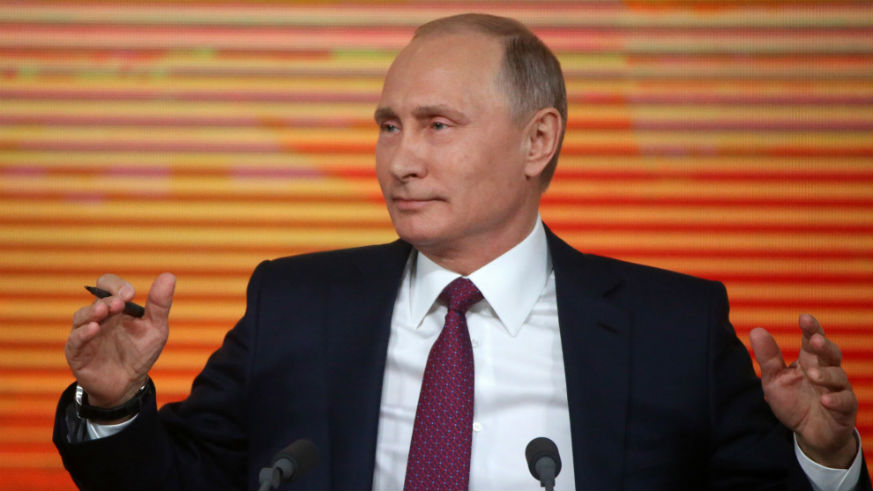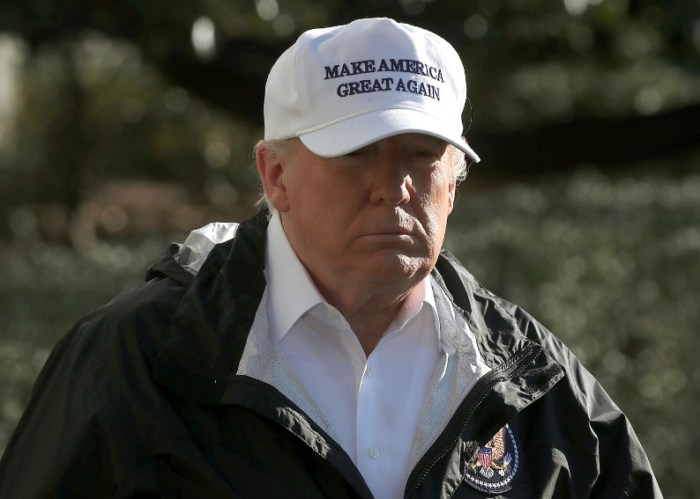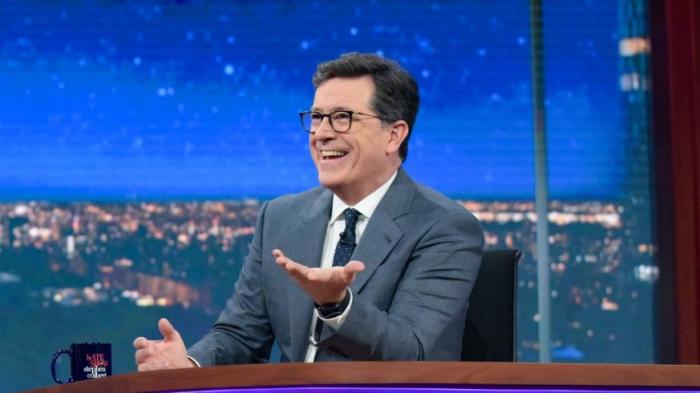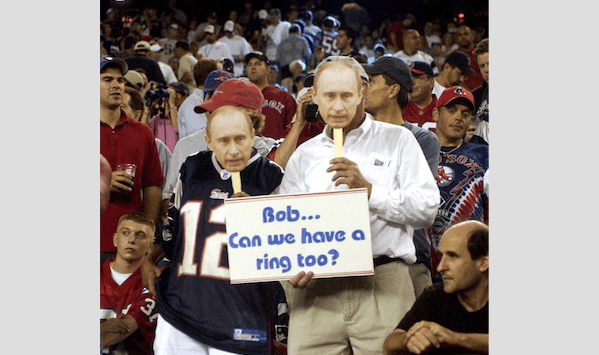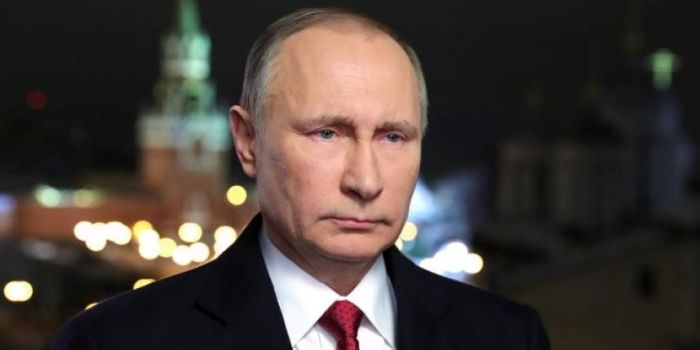In coverage of Russia’s interference in the U.S. elections, the country is often called a threat to democracy. At the same time, the country holds presidential elections and citizens are represented by their own in their version of Congress. So what form of government is Russia, technically? Is Russia a democracy?
Is Russia a democracy?
So, is Russia a democracy? Is Russia democratic? Experts do not consider Russia democratic. The Economic Intelligence Unit has labeled Russia “authoritarian” since 2011. Other social scientists use the label “hybrid regime.” There are more colorful terms: In 2012, William Partlett of the Brookings Institution called Russia a “managed” or “fake democracy.”
After the collapse of the Soviet Union in the late ’80s, Russia began undergoing democratic reforms. But it backslid into totalitarianism under Vladimir Putin, who stripped oligarchs of their assets and installed his allies in high governmental positions, wrote Christian Caryl in “The New Republic” in October 2017.
Inasmuch as one of the characteristics of a democracy is a free press, Russia ranks 180th out of 199 countries for press freedom, behind Iraq and Sudan, says Politifact. Putin’s government has commandeered the press by denying broadcast licenses, forcing companies to sell themselves to the state, arresting journalists and occasionally killing them.

Among the reasons democracy did not take hold in Russia: During an economic recession in the early ’90s, “many ordinary Russians began to identify ‘democracy’ with impoverishment and rank injustice.” Additionally, Russian nationalism became widespread, viewing the ideas of the West (including democracy) as alien and threatening.
What is Russia’s form of government, technically?
So if the answer to is Russia a democracy is no, what is it then? Russia’s form of government is technically a semi-presidential republic, with a president, prime minister, three branches of government (executive, legislative and judicial), and a legislature.
Experts consider Vladimir Putin’s re-election in 2018 to be fake because he disqualified his legitimate opposition and hand-picked his rivals. Yet Putin enjoys legitimate support among Russian citizens. “The Russian presidential election that took place on Sunday was a fake one, but its outcome is real enough,” wrote Leonid Bershidsky in Bloomberg last March. “It clearly demonstrated that a majority of Russians accept the rules imposed on them by President Vladimir Putin. That in itself is a kind of democratic choice, with clear implications for Putin’s enemies inside and outside Russia.”

